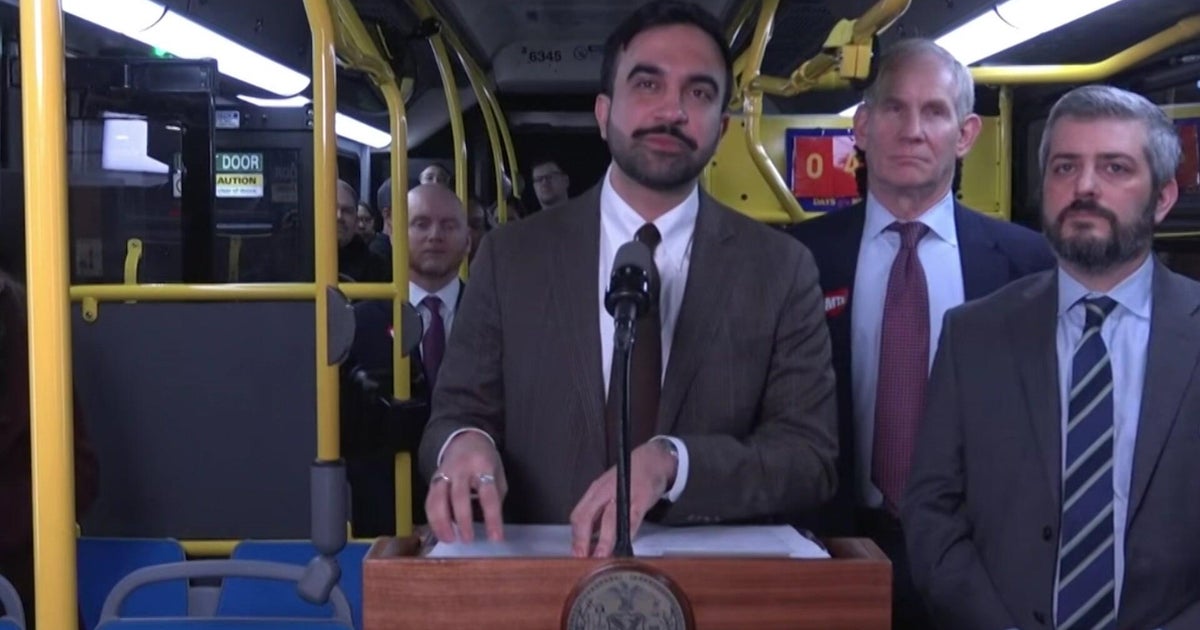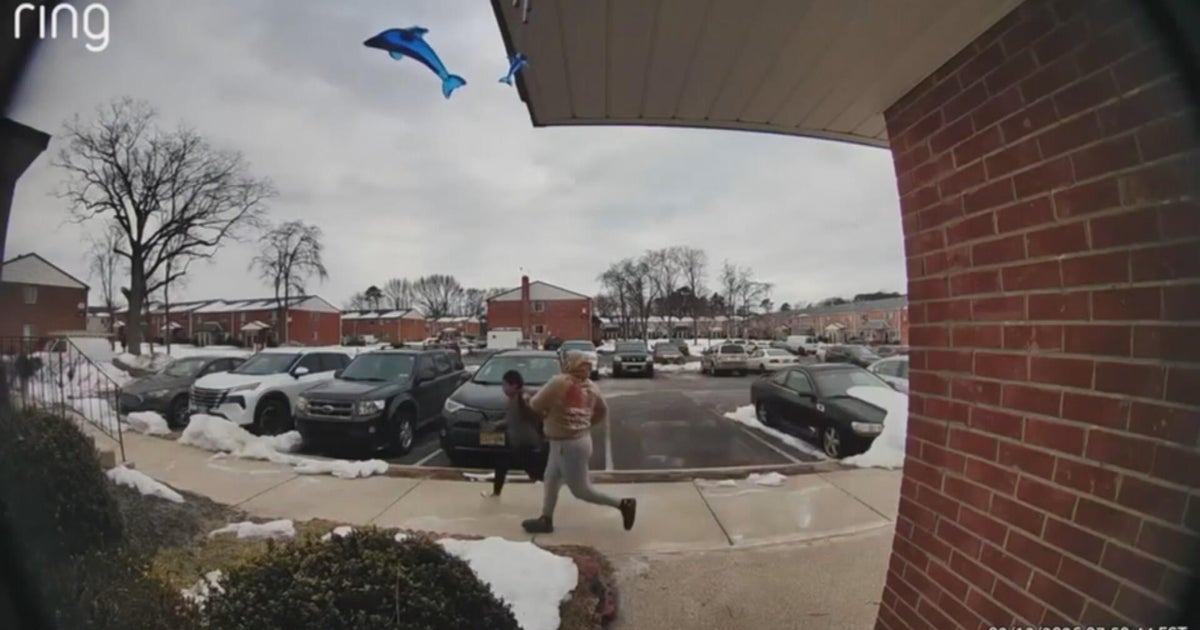"Bee bus stops" are coming to an English town to help save pollinators and fight climate change impacts
Swarms of unique workers will soon be seen across an English town to help make it a "greener and happier place." The city of Derby is creating dozens of "bee bus stops" featuring native plant-covered roofs intended to bring in crucial pollinators and help alleviate some of the impacts of climate change.
The Derby City Council first announced plans for the new and improved stops in 2022 as part of a deal with the company Clear Channel. In March of that year, the city announced that 90 bus shelters would be replaced with "eco-friendly alternatives," half of which would be what Clear Channel calls "bee bus stops." Now, those bee stops are expected to be ready to go by May, CBS News' partner BBC reported.
"Each one is planted with a mix of native wildflowers and sedum plants - ideal food sources and habitats for a wide variety of pollinating insects including solitary bees, hoverflies and butterflies, whose numbers have been in decline in recent years," the city said. Those plants will be placed on the tops of bus stop coverings, and are known as "living roofs," according to Clear Channel.
Derby City Council cabinet member Carmel Swan told the BBC that the stops have been "specially-designed" with information provided by experts "to support native biodiversity, help create healthier local communities, and bring greenery back into urban areas."
Pollinators — which include honeybees, butterflies, birds and other animals and insects — are essential to the survival of flowering plants and crops. According to the U.S. Department of Agriculture, roughly 75% of the world's flowering plants and 35% of the world's crops depend on pollinators to reproduce – accounting for "one out of every three bites of food you eat."
Because of habitat loss, disease and environmental contaminants, however, many pollinators have been dying off. In 2020, one study found that climate change is also a factor, with higher temperatures and more intense precipitation making it more difficult for dozens of species in North America and Europe to survive.
Having greenery-covered bus stop roofs doesn't just help these species — it's also a major benefit to local residents. The plants will help absorb rainwater, remove particulate matter from the air and can help limit the urban heat island effect – which occurs when building and concrete-heavy cities with denser populations and little plant coverage experience higher temperatures than more suburban or rural areas that are just miles away.
Having more plants across a city is a crucial part of limiting the heat bubble this island effect creates, experts previously told CBS News, and is particularly important to implement as global temperatures continue to rise. Last year was the hottest one ever recorded, and it's expected that if the use of fossil fuels is not drastically and quickly reduced, it will only continue to get warmer globally, a change that would fuel more extreme and deadly weather events.
The city also says that the shelters are at least partially made of recycled and upcycled materials, and that when they need to be replaced, the structures will be 100% recyclable. The digital screens on the structures will also be 50% more energy efficient than the models currently in place, and will be totally powered by renewable electricity, the city said. According to Clear Channel, many of the bus stops are powered by their own solar panels.
Derby isn't the only spot in the U.K. where you will see these stops. It's part of a larger project between Clear Channel and The Wildlife Trusts to provide these structures across the country. By the end of 2022, Clear Channel said it had installed 100 of its "living roof" bus shelters across the U.K., intending to eventually install 1,000.



